La nutrigénétique s’intéresse à l’influence des variations génétiques interindividuelles sur les réponses physiologiques induites par la consommation d’un régime, aliment…
- info@sofnna.eu
- +123 456 789



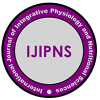
dont les domaines d’intérêt se situent autour de la nutrigénétique, de la nutrition orthomoléculaire et de la médecine intégrative personnalisée.
Nous estimons que l’étude des variations génétiques est un élément essentiel permettant une meilleure compréhension du métabolisme de chaque individu et par conséquent de pouvoir mieux adapter son traitement, son alimentation, sa supplémentation et son style de vie.
” Nous avons comme ambition de promouvoir une nouvelle approche de la nutrition et de l’orthomoléculaire basée sur la connaissance approfondie du métabolisme et du génome en formant les professionnels de santé “
Cycles de formation en nutrigénétique et en nutrition moléculaire destinés aux professionnels de la santé, du sport et de la nutrition.
Interventions et conférences autours de la nutrition et de la génétique dans le cadre de la médecine préventive personnalisée et de la médecine intégrative.
La recherche dans le domaine de la nutrition est l’une de nos missions les plus importantes. Cela nous permet de donner une information à jour et basée sur les dernières avancées scientifiques.
Publication d’articles, rapports et monographies sur des sujets d’actualité en rapport avec la nutrigénétique et la santé en général.
Des capsules vidéos et des mini-formations sont publiées régulièrement en ligne sur des thématiques très spécifiques en relation avec la biochimie métabolique et la nutrition moléculaire.
La nutrigénétique est une branche de la génétique qui vise à identifier comment les variations génétiques des organismes peuvent affecter les réponses aux macronutriments, micronutriments ainsi qu’aux différentes molécules d’origine nutritionnelle. Ces informations peuvent être utilisée afin d’améliorer la santé et de prévenir ou traiter des maladies. Le but ultime de la nutrigénétique est d’offrir une nutrition personnalisée en fonction du patrimoine génétique et de prévenir ainsi différentes pathologies liées à l’âge, à l’alimentation et à la pollution environnementale.
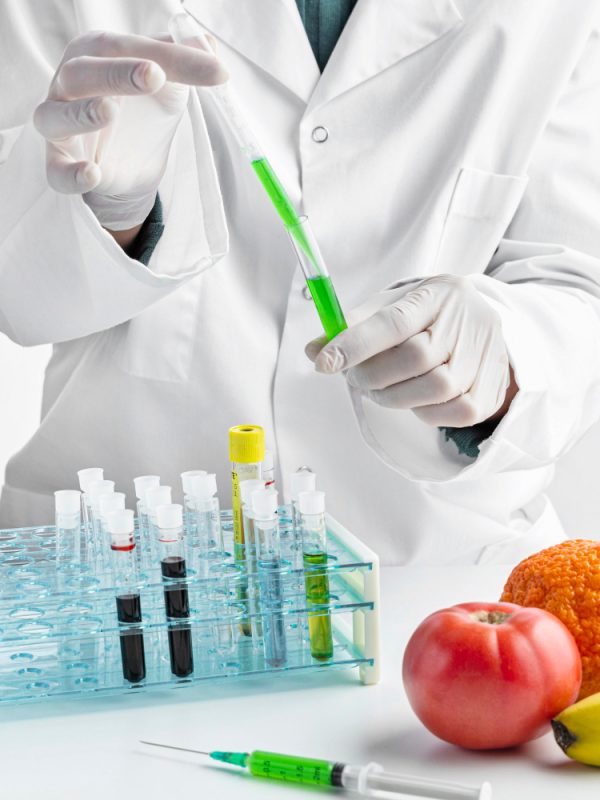

La nutrigénétique s’intéresse à l’influence des variations génétiques interindividuelles sur les réponses physiologiques induites par la consommation d’un régime, aliment…
Des interactions entre les gènes et la nutrition sont connues depuis longtemps. Elles sont liées notamment à l’incapacité de certains…
Un article évoquant la dernière conférence de la SOFNNA en Belgique a été publié sur le Journal of Orthomolecular Medicine…
Pourquoi le méthylfolate permet-il d’être en forme pendant une semaine, puis des effets secondaires apparaissent peu de temps après ?…
La SOFNNA est affiliée à la Société Internationale de Médecine Orthomoléculaire (ISOM) pour faire progresser l’éducation, la communication et la promotion de la médecine orthomoléculaire dans les pays d’Europe francophone (France, Belgique, Luxembourg, Suisse)
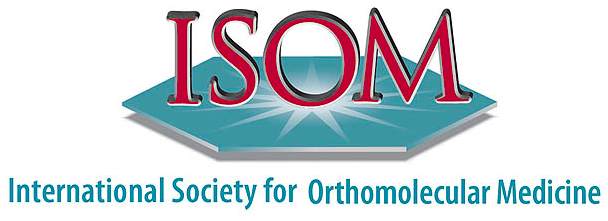
Le Journal of Orthomolecular Medicine (JOM) est une publication en accès libre
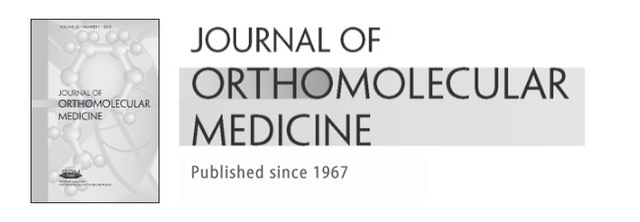
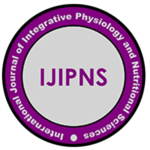
IJIPNS est un journal international de recherche en ligne sur la physiologie, la nutrition et la biologie, multidisciplinaire, publié tous les trimestres, en libre accès, évalué par des pairs. L’objectif d’IJIPNS est de servir de moyen de mise à jour des connaissances scientifiques du chercheur international dans le forum nutritionnel et médical.
La SOFNNA collabore activement avec le CONEM, une organisation internationale dont l’objectif de promouvoir la recherche et les publications scientifiques dans le domaine de la médecine nutritionnelle.


Contact the Nutrition Society >